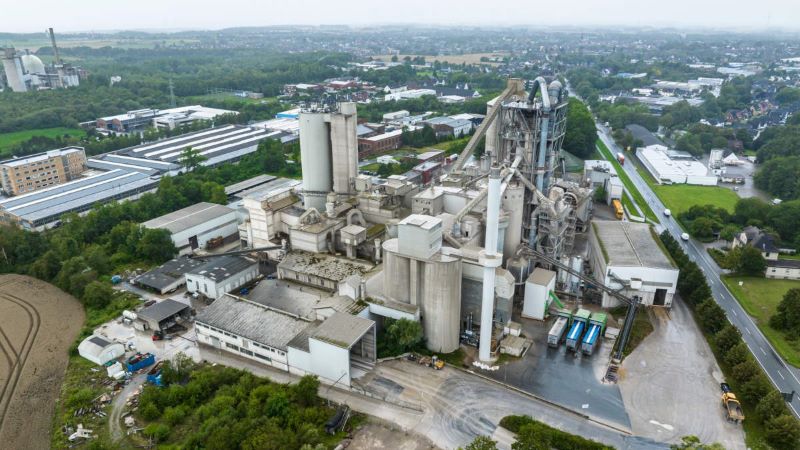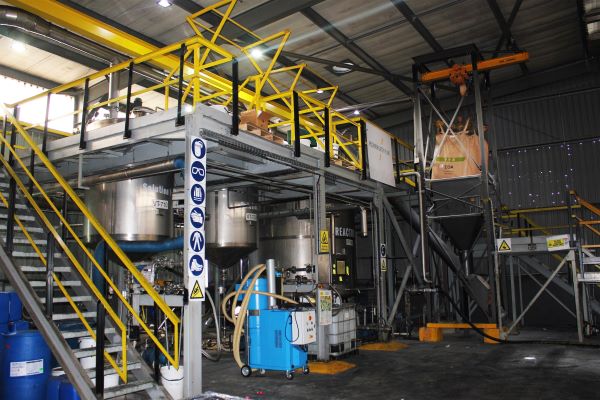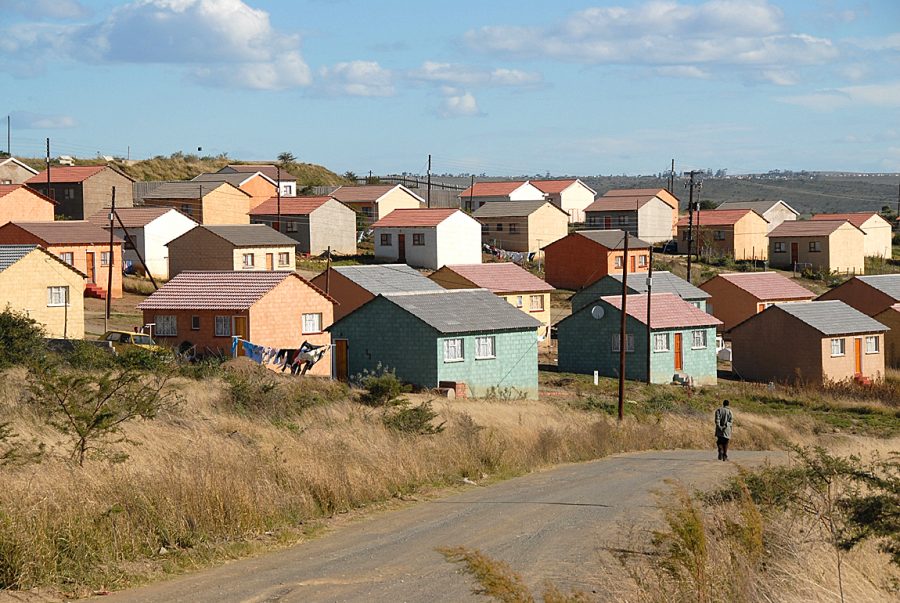

A slowdown in construction activities hit the Kenyan cement industry heavily, with all listed manufacturers recording a dip in profits.
Market leader Bamburi Cement announced a 66% drop in profits for the year ended December 2017 to Sh1.97 billion down from Sh5.8 billion the previous year, while ARM Cement recently issued a profit warning. Half year losses for East Africa Portland Cement Company (EAPCC) worsened nearly four times to Sh969.6 million in results announced in December last year.
Bamburi Cement chairman John Simba attributes poor sector performance to lower sales due to a contracted market following the prolonged election period, tightening of credit, drought and delayed infrastructure projects. According to Kenya National Bureau of Statistics data for the year ended December 2017, cement output, a key indicator of performance in the building and construction sector, reduced by 8.2% or more than 550,000 metric tonnes for the year ending December 2017. Cement consumption also declined 8.12% to 6.30 million tonnes, signalling reduced activity in the sector.
KNBS data is supported by fourth quarter CBK Credit Officer Survey that polled 41 banks; 42% of respondents reported tightened credit to real estate sector. The number of mortgage accounts during the period fell by 373 to 24085 or 1.5% compared to compounded annual growth of 12.9% between 2006 to 2015
Cement manufacturers are however betting on the anticipated rebound of the real estate sector and government’s promise to build at least 500,000 affordable new houses to Kenyans by 2022 to regain sales and boost their performance. The Devki Group who own National Cement that produces Simba Cement and controls 20% of the market decried unhealthy competition in the market due to the inflow of substandard products from regional firms
“The cement being imported into the country is substandard and below the normal 50 kilogrammes. This is killing the local industry and I do not understand why the Kenya Bureau of Statistics and Kenya Association of Manufacturers are not taking action on the regional manufacturers,” Devki Group chairperson Narendra Raval said.
Currently, a 50-kg bag of cement retails at between $5.94 (Sh600) and $6.44 (Sh650), down from $6.93 (Sh700) two years ago. Sellers explained that the low prices are raising fears of increased low quality-cement entering the market.
More news
- CELEBRATING EXCELLENCE IN THE RESIDENTIAL PROPERTY SECTOR
- PART 4: GIBS PANEL DISCUSSES INTEMEDIATE CITIES ROLE IN AFRICA’S DEVELOPMENT
- EXPOSED AGGREGATE PAVERS COMPLEMENT NEW LIFESTYLE CENTRE
- GIBS PANEL EXPLORES ROLE OF INTERMEDIATE CITIES IN SA’S DEVELOPMENT PART 3
- CITI-CON’S CONCRETE KNOWLEDGE SUCCESSFULLY DEPLOYED ON NEW LANDMARK DEVELOPMENT





